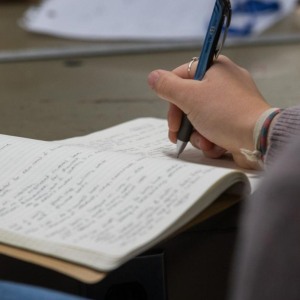The Geophysics group combines experimental, theoretical, and observational studies to determine physical processes operating on and within the Earth and other planets. Our interdisciplinary research integrates approaches from geology, physics, mathematics, and engineering. Research topics include earth imaging, seismology, machine learning, rock deformation, geomechanics, earthquakes, glaciers, and volcanoes, with an aim to fundamentally understand the underlying physical processes and make robust predictions.
Geophysics
Understanding the physical processes that shape the Earth and other planets.
Geophysics
Understanding the physical processes that shape the Earth and other planets.
Research Highlight
The Mechanics and Rate of Phase Separation in Magmatic Systems
 Magma chambers are accumulations of magma under the crust or beneath volcanoes. These are believed to be “mushy,” as they contain many crystals as well as liquid magma. The process of separation of these crystals from melt has important implications for volcanic eruptions, as well as planet formation. The physics of this process is highly complex and is not well understood.
Magma chambers are accumulations of magma under the crust or beneath volcanoes. These are believed to be “mushy,” as they contain many crystals as well as liquid magma. The process of separation of these crystals from melt has important implications for volcanic eruptions, as well as planet formation. The physics of this process is highly complex and is not well understood.
A research project led by Professor Christian Huber and recent PhD graduate Darien Florez, in collaboration with researchers at MIT, used a combination of methods to study this separation process, including physics-based modeling, laboratory experiments, and field work. Researchers also made trips to Nevada to exhume samples of frozen magma chambers to validate the theory.
This study has advanced our understanding of magmatic systems and the rate of the separation process. This is useful in forecasting volcanic hazards by allowing scientists to estimate how fast the magma chamber under a volcano gets ready for another eruption. The understanding of this physics also provides a valuable template to understanding the evolution of early planets and ocean sediment.
“This physics is not uncommon, we apply it to magmatic systems, but it has implications beyond that.” –Christian Huber
Geophysics News
Mechanisms of Mass Transfer in Sediment-Rich Mélanges in Modern Subduction Zones
Uranium Addition and Loss in Serpentinites: The Potential Role of Iron Oxides
2025 Summer Undergraduate Research Highligths
Faculty
-

Karianne Bergen
Assistant Professor -
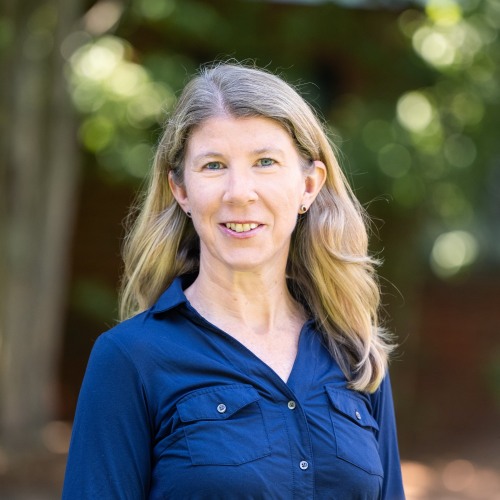
Colleen Dalton
Professor, Director of Undergraduate Studies -
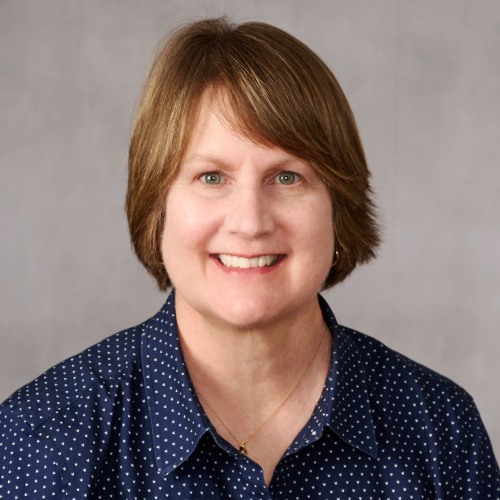
Karen M. Fischer
Louis and Elizabeth Scherck Distinguished Professor of Geological Sciences -
Greg Hirth
Vice President for Research, Professor -
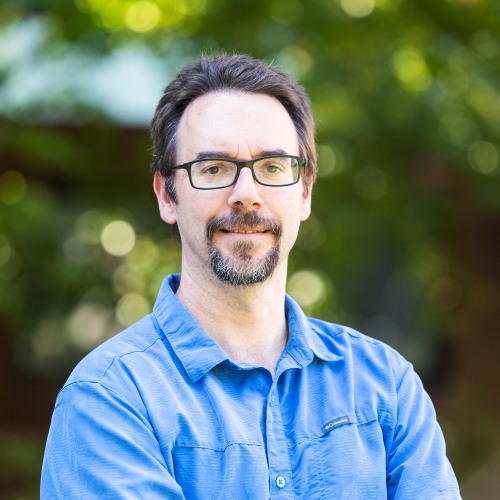
Christian Huber
Professor, Director of Graduate Studies -
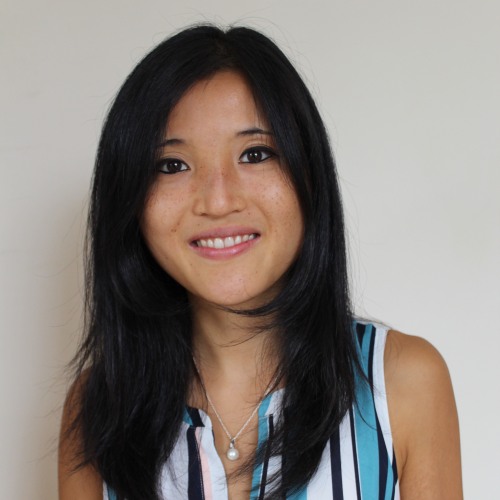
Harriet Lau
Manning Assistant Professor of Earth, Environmental and Planetary Sciences -
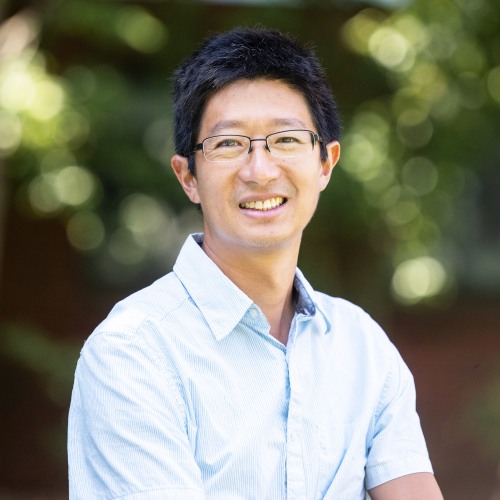
Victor Tsai
Professor
